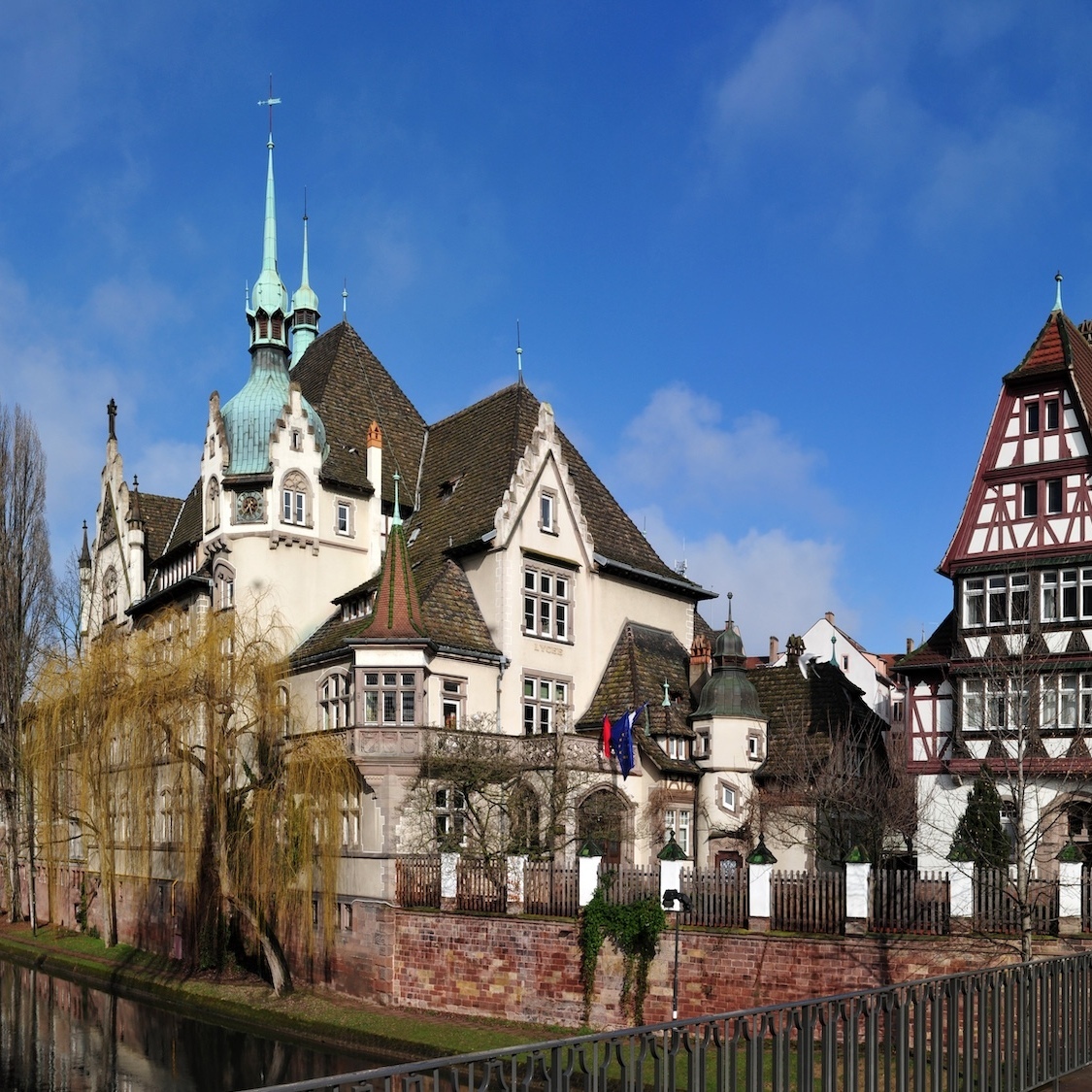
Cycling as the ultimate mode of transportation
Strasbourg is a cycle-friendly city with 560 km of bike lanes and paths, the metropolis aims to make the network even more efficient and attractive with the VéloSTRAS project, which aims for a "100% cycle-friendly" goal. Cycling is also an accessible means of transportation for everyone, including those with modest incomes. To help them acquire or repair their bike, the Eurometropolis has set up solidarity workshops, where volunteers offer advice, tools, and spare parts at a free price.
Fewer cars, less noise, less stress
The decrease in car traffic has positive effects on air quality and the quality of life in Strasbourg. The share of the most polluting vehicles (Crit'Air 4, 5 or unclassified) has decreased from 10% to now.8% to 7.3% between 2022 and 2023 in the metropolis, which represents a decrease in greenhouse gas emissions and fine particles. Strasbourg thus becomes a more peaceful, greener, and more human city.



